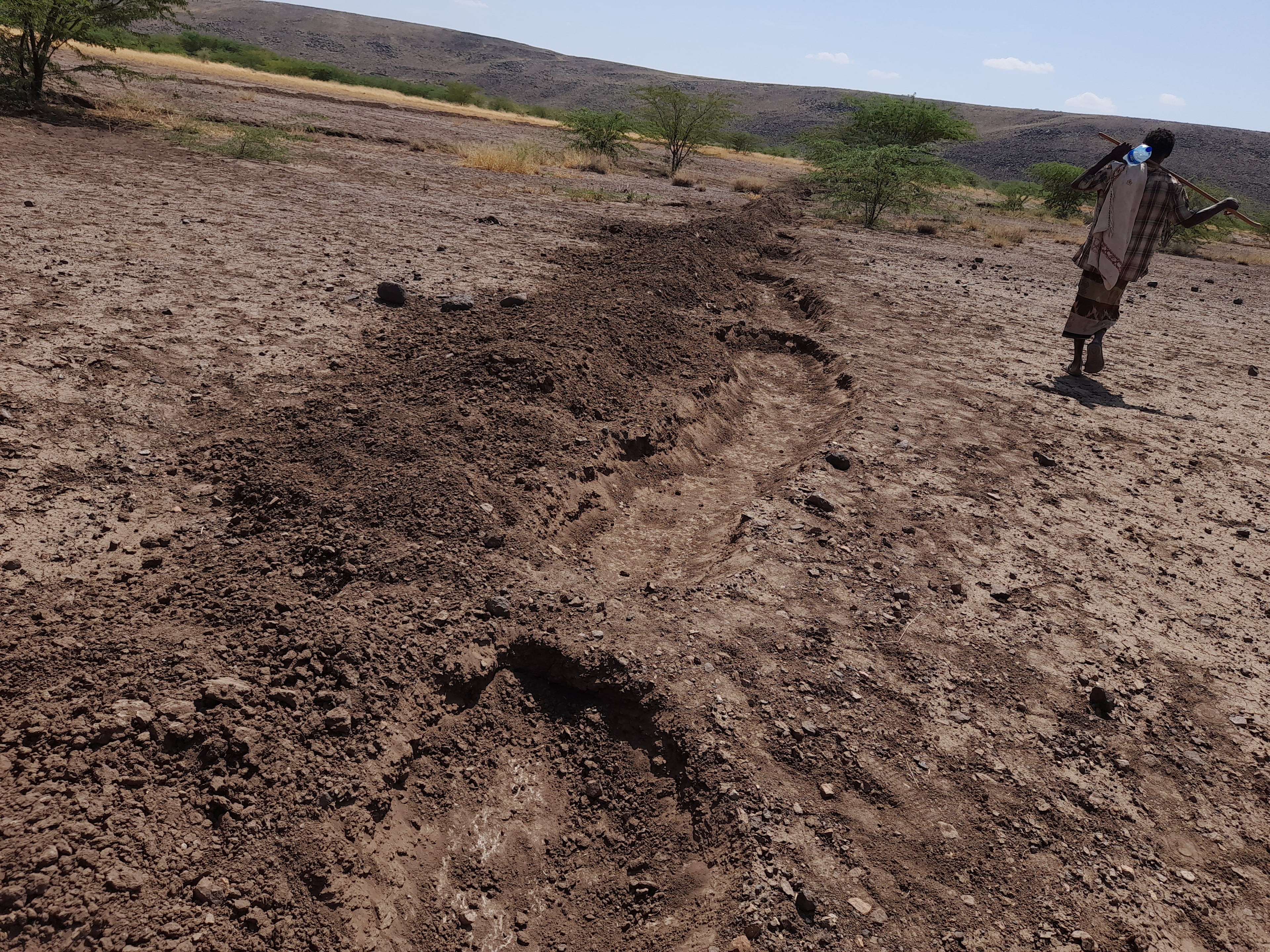The potential of locally-led adaptation approaches in Ethiopia
Despite good intentions, development cooperation often overlooks the local people's needs. Also, interventions may not be sustainable due to a lack of local ownership. Crises, foreign interference, local politics, and the lack of action by local authorities sometimes result in donor-dependent habits. The Reversing the Flow (RtF) programme is a journey of discovering how to turn this tide. RtF empowers communities to find solutions to their challenges and take action themselves. Local organisations support these communities. 2 local Ethiopian organisations explain their different approaches.

The situation in Ethiopia
RtF supports projects in 2 different regions: the pastoral Afar drylands and the Amhara highlands. Both areas deal with environmental degradation and soil erosion. This makes them vulnerable to climate change. In Amhara Region, deforestation occurs for expanding agricultural land, construction and fuel wood, charcoal production and grazing. Free grazing hinders soil conservation interventions to become effective and sustainable. The invasive tree (Prosopis juliflora) has worsened crop and livestock losses in drought-prone Afar. Prosopis juliflora is rapidly taking over land and hosting wildlife that kills people and their livestock. On top of that, accessing the local market and selling goods is more challenging than ever. Conflicts in the neighbouring Tigray Region and Amhara Region, poverty, the lack of food, poor healthcare facilities and illiteracy worsen the situation.
2 organisations are tackling their challenges through different approaches.
The ORDA Ethiopia approach
ORDA Ethiopia works with local farmers and grassroots organisations (GROs). It started 39 years ago, aiming to empower communities to achieve livelihood and environmental security. ORDA Ethiopia facilitates and supports communities in designing, monitoring, and implementing their projects through coaching. It applies community-based watershed management on landscapes and works with Watershed User Cooperatives. Locally-led adaptation interventions (LLA) help restore watersheds, enhance sustainable livelihoods, increase fodder production and support community well-being.
ORDA Ethiopia prides its success on the community's willingness to accept change and develop its landscapes. Another success factor is the community's interest in sustaining local development. The expected result of the RtF programme is to realise environmental security and scale up the RtF approach to other Ethiopian landscapes.
The APDA approach
Afar Pastoralist Development Association (APDA) works with a community that depends on livestock. APDA was established 30 years ago by the Afar Clan elders. The Afar people move to preserve the ecology, not just to search for pastures and water. APDA voices local community concerns by asking what the people need from the local government and development actors. Building pilot hubs to facilitate locally-led action is high on its agenda. Once the hubs are operational, APDA will expand the hubs so clan leaders can take over. APDA's 5-year strategic plan aims to break the cycle of poverty. The vision is to have Afar people become self-sufficient and no longer dependent on government or NGO support.
Read other inspiring stories on locally-led adaptation from various Reversing the Flow initiatives on our webpage
Reversing the Flow (RtF)
RtF supports communities in vulnerable situations by strengthening their water security and voices in landscape or watershed governance. Under RtF, projects are community-owned. Local communities manage the funds received. Also, they plan and implement water and climate adaptation activities. Community ownership enhances the projects' sustainability and increases their resilience to climate change. Local partners (RtF hubs) support communities in organising and leading these actions.
For more information, see the Reversing the Flow webpage.
- Ministry of Foreign Affairs


